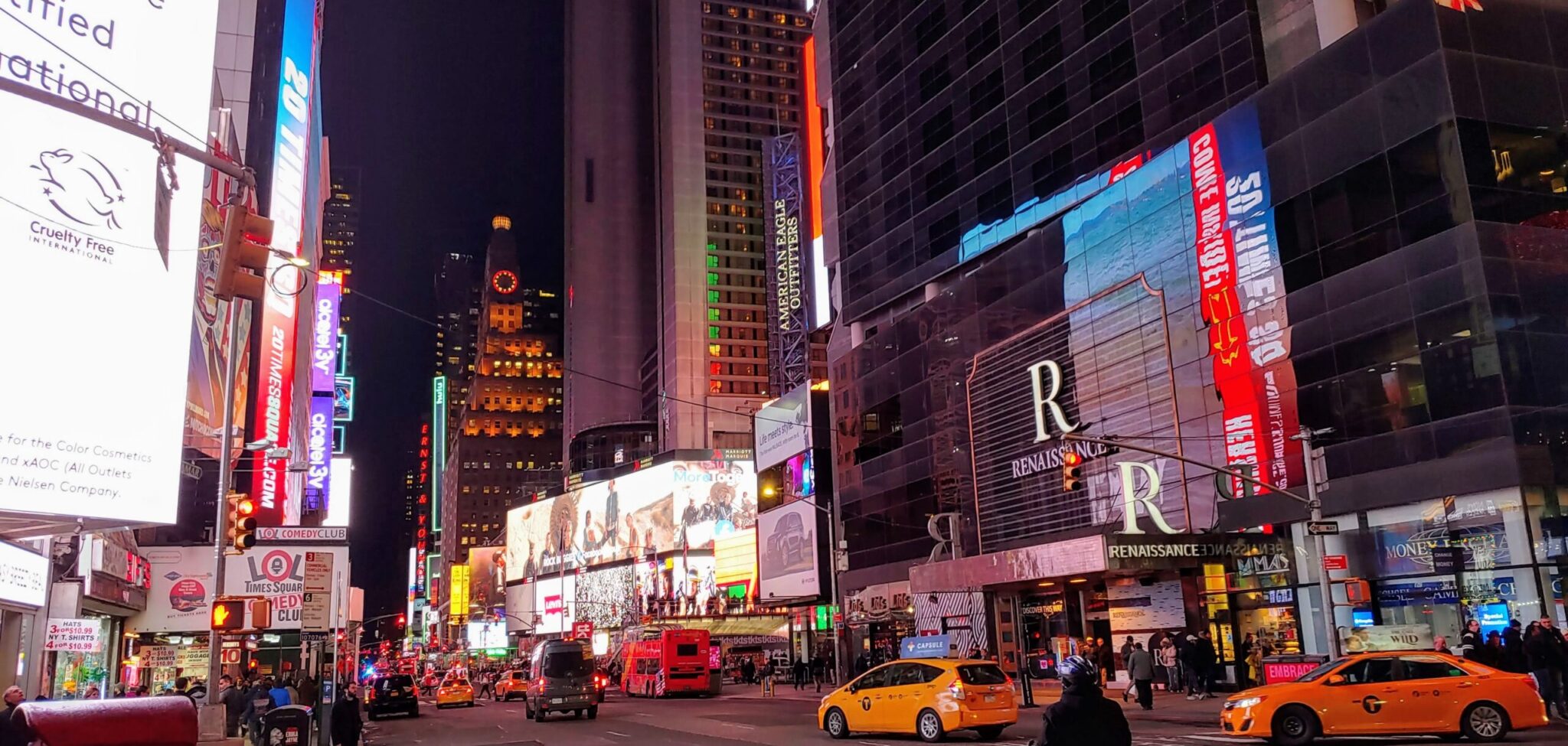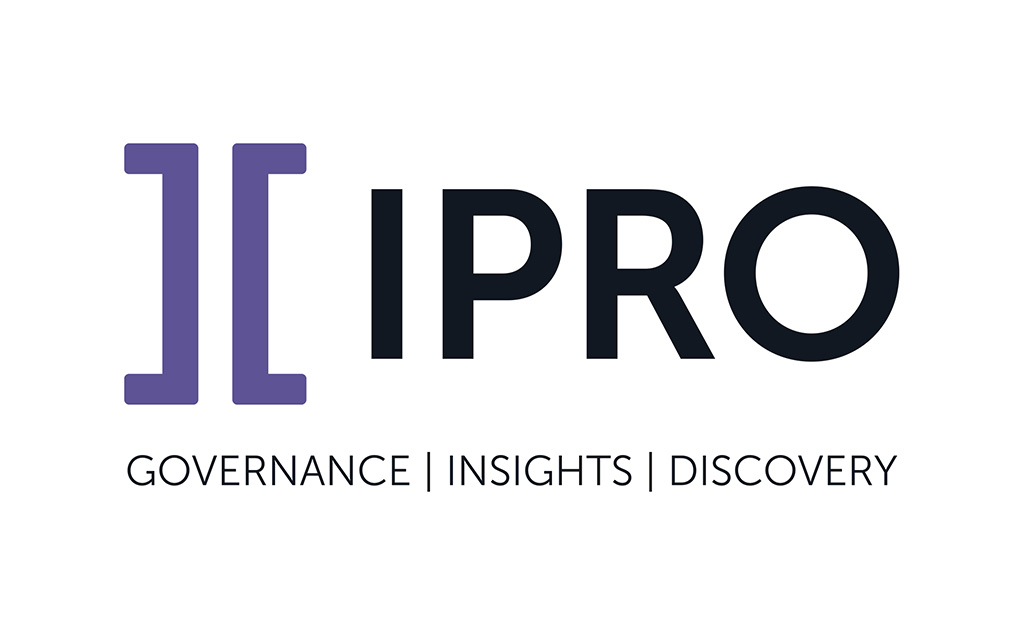
That’s a wrap on another LegalTech NY, and while everyone is packing up, saying goodbyes, and getting ready to travel, here’s a quick recap of this year’s 2020 conference:
Smaller but More Focused:
I don’t have the actual stats on attendees, but speaking with other folks, it seemed a little smaller this year, but that isn’t necessarily a bad thing. The booths were sharp, the people engaged, the panels and presentations focused. Not that they weren’t those things in past years, but this year felt purposeful. Which I think reflects the fact that more and more people are coming into eDiscovery and legal technology with some experience. The last 10 years has indeed been one of growth and adoption in the legal community, and you could see that in the knowledge given not only by speakers, but by attendees with their questions and by sharing their experiences and best practices.
Keynotes:
Day one featured Rod Rosenstein, former Deputy Attorney General, who gave great reminders as to what is important about the justice system in the United States: namely the rule of law, which lies upon the pillars of determining what evidence is admissible and basing decisions upon a standard of proof, using that evidence. When asked about the impeachment, he called it “legal-ish,” saying that it is presented like a legal hearing, but in the end it is a political hearing where “you can say anything, not require witnesses, base the outcome on hearsay,” and where there is “no judge, no advocate, and no appeal.” He then went on to say as long as we have the rule of law to maintain confidence in the judiciary, then democracy will continue to thrive.
Day two featured Bettina Warburg, who gave a fascinating and accessible presentation on blockchain, discussing where it is in development and how it affects the legal community. She had a great explanation of the phases of tech innovation, beginning with infrastructure, then middleware, then applications. With the internet we know, infrastructure was everyone agreeing to build the world wide web using TCP/IP; middleware was the development of the different coding languages used to create pages on that infrastructure; and applications are just that — the tools we use to do certain tasks. She said that with blockchain, “We’re currently at about the same place we were in 1995 with the internet.” There’s a lot of potential yet to be understood from blockchain. But if you think about the early legal tech companies that were around in the 90s, they were doing very different things and solving different problems than we have today. The successful were able to take that foundation and experience in the industry and pivot into the needs and challenges that came in the aughts and teens. Blockchain isn’t something that is affecting us greatly today, but it should not be ignored, especially for those forward-thinking companies,
Events:
LegalWeek is a whirlwind, full of micro-events of all kinds: meetings, conversations, and impromptu gatherings that yield some of the best takeaways. There were also plenty of formal get-togethers and there was no way you could go to all of them. I’d like to highlight the ACEDS happy hour at Club 48, where it was great to kick off a new year with President Mike Quartararo and Ari Kaplan, who is leading the ACEDS advisory board. IPRO is happy to be an ACEDS partner this year, and we look forward to more collaboration with them.
Finally, IPRO hosted it’s annual party at Faces and Names, which was packed to the brim with a veritable who’s who of eDiscovery and legaltech. It was amazing to see so many different people in the industry: some who’d known each other for many years, and others who were just introduced. It was a great way go into the final day of the conference.
So there’s the quick run down — look for more detailed articles by IPRO related to the knowledge coming out of LegalWeek2020 soon!


